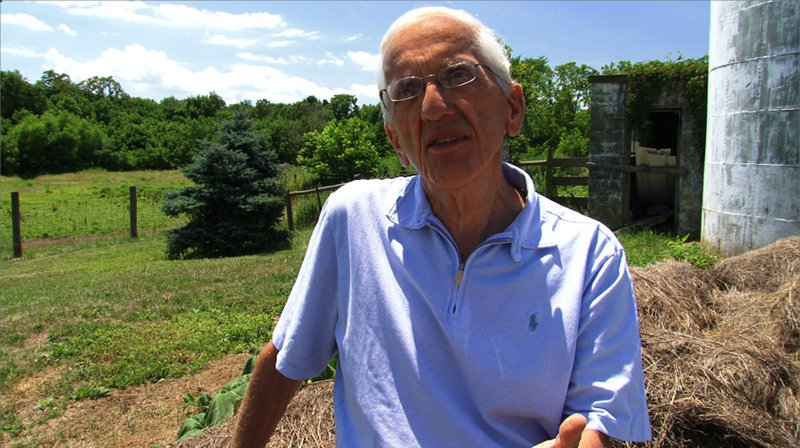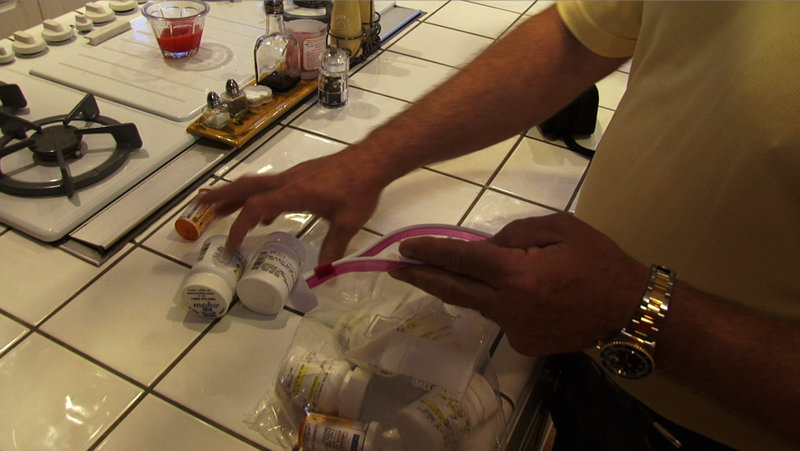When someone sets out to expose a truth that well-heeled special interests would rather keep under wraps, you have to expect some push back.
This is just what the “Forks Over Knives” documentary film has encountered.
“In the promotion of the film, it’s been very hard to get publicity,” said “Forks Over Knives” creator and executive producer Brian Wendel. “It’s happened several times at very large publications who said, ‘We’re sorry, we can’t (run a story about the film) because of our advertisers.’ “
The film, which will screen at three theaters in Maine this month beginning Saturday, explores the idea that most lifestyle diseases (such as heart disease, diabetes and cancer) can be controlled or reversed by eating a diet based on plants rather than animal products.
It’s a message the pharmaceutical industry and the agribusiness sector do not want people to hear, he said, because these businesses benefit financially when Americans eat a diet heavily laden with meat and dairy.
“A lot of these foods we’ve been told are good for us, we’ve found are actually dangerous for us,” Wendel said.
Despite the trouble the filmmakers encountered with some mainstream media outlets, the film has generated significant buzz in the social media sphere, and the reviews it has received have been largely positive.
Even the notoriously harsh film critic Roger Ebert (author of “Your Movie Sucks”) gives it three stars and writes, “Here is a film that could save your life.”
The film chronicles the work of T. Colin Campbell, Ph.D., and medical Dr. Caldwell Esselstyn, both leading voices in the field of diet-based medicine. Traveling two different paths to arrive at the same research conclusions, Campbell and Esselstyn now advocate for the healing power of a whole foods, plant-based diet.
“The thing that really surprised me is how corrupt our academic institutions are,” Wendel said. In the film, Campbell says his research was marginalized in academic circles because it ran counter to the agenda of research funders such as the dairy industry.
“It wasn’t until he wrote (the book) ‘The China Study’ in 2006 that the word started to get out,” Wendel said.
The film also follows a series of patients who were able to get off pharmaceutical drugs by switching their diets from ones based on processed foods and animal products to ones centered on plants in their fresh, unprocessed state.
“The nutritional illiteracy out there is so great,” Wendel said. “People think (diabetes) is a disease of sugar, but it’s really a disease of fat. When people go on a plant-based diet, there’s significant evidence that you can reverse your Type II diabetes. Why most people aren’t getting better from diabetes is because they’re not dealing with the cause of it: The Western diet.
“When you see how easy it is for people to get better without medication, you throw your arms up in the air and say, ‘Why isn’t this message getting out there?’ “
This question is what prompted Wendel, who was working in real estate and had never even used a home video camera before, to privately fund and produce “Forks Over Knives.”
“The evidence just mounted for me over the years,” Wendel said. “It seemed like there was a news story that wasn’t being told. I originally thought about making an educational DVD, but I realized I couldn’t go into the schools because the film’s message runs counter to what the USDA is saying.”
So he teamed up with writer and director Lee Fulkerson and producer John Corry to make the movie.
Since “Forks Over Knives” premiered in Los Angeles in early May, the filmmakers have heard from numerous people who say the film caused them to change their diets and subsequently improve their health.
“I think people are more open and receptive (to a change in diet),” Wendel said, “because they know what we’re doing is not working.”
Staff Writer Avery Yale Kamila can be contacted at 791-6297 or at: akamila@pressherald.com
Follow her on Twitter at: Twitter.com/AveryYaleKamila
Send questions/comments to the editors.




